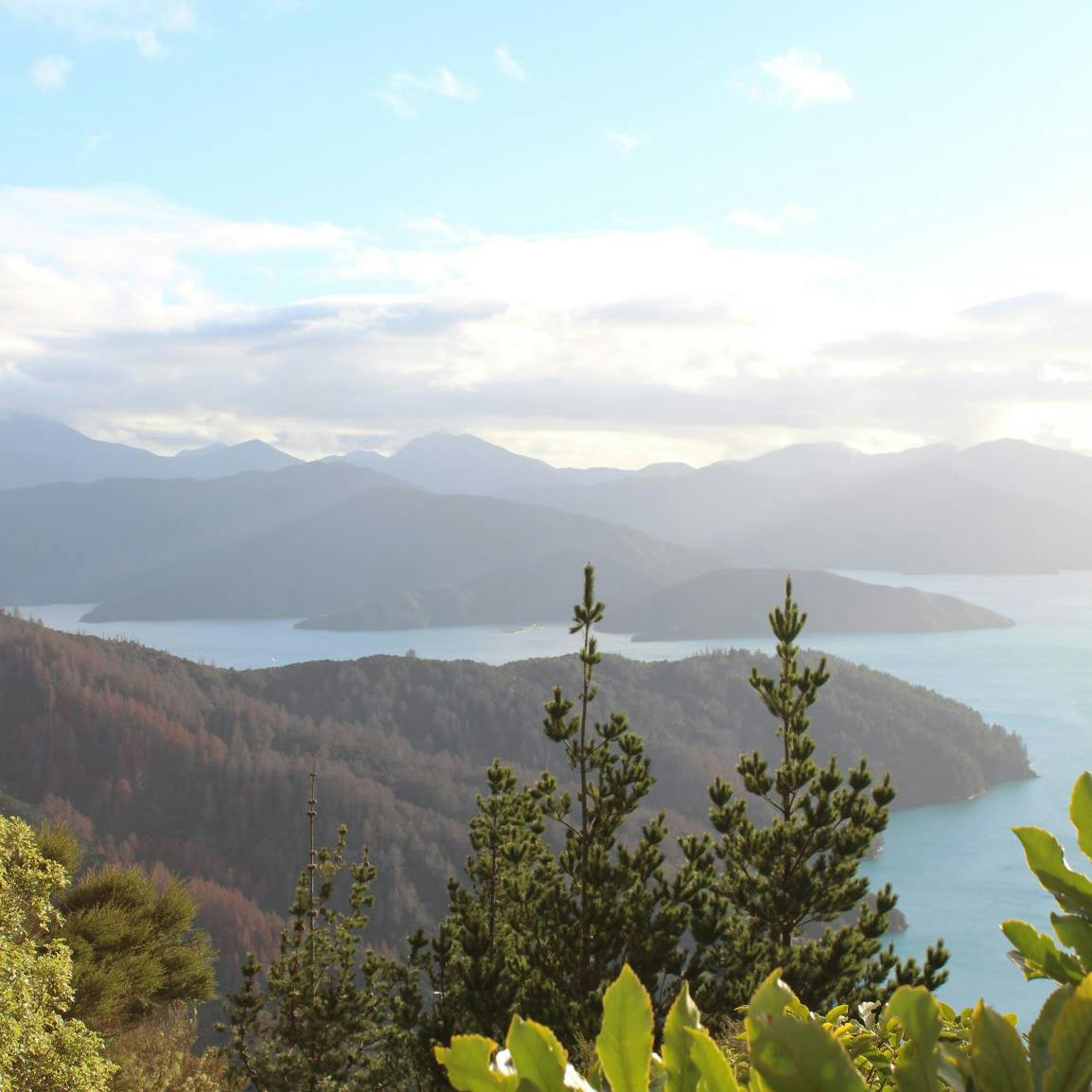Originally coordinated by a small group of landowners, the organisation has grown to include members of the wider community and has formed partnerships with businesses working in and around the area.
Left unmanaged, wilding pines have the potential to overtake the natural flora and fauna of the environment, threatening New Zealand’s native species’ and landscapes.
Recently, Tall Poppy Picton and Marlborough Sounds owner Grant Douglas became a trustee of the Marlborough Restoration Trust.
While dedicated to pest trapping at his Marlborough Sounds home, he wanted to make a meaningful contribution to his community and his environment at a higher level.
“Living in the Marlborough Sounds, I know first hand how important it is to actively work on pest control, and persistently, to avoid pests taking over our beautiful environment,” he says.





